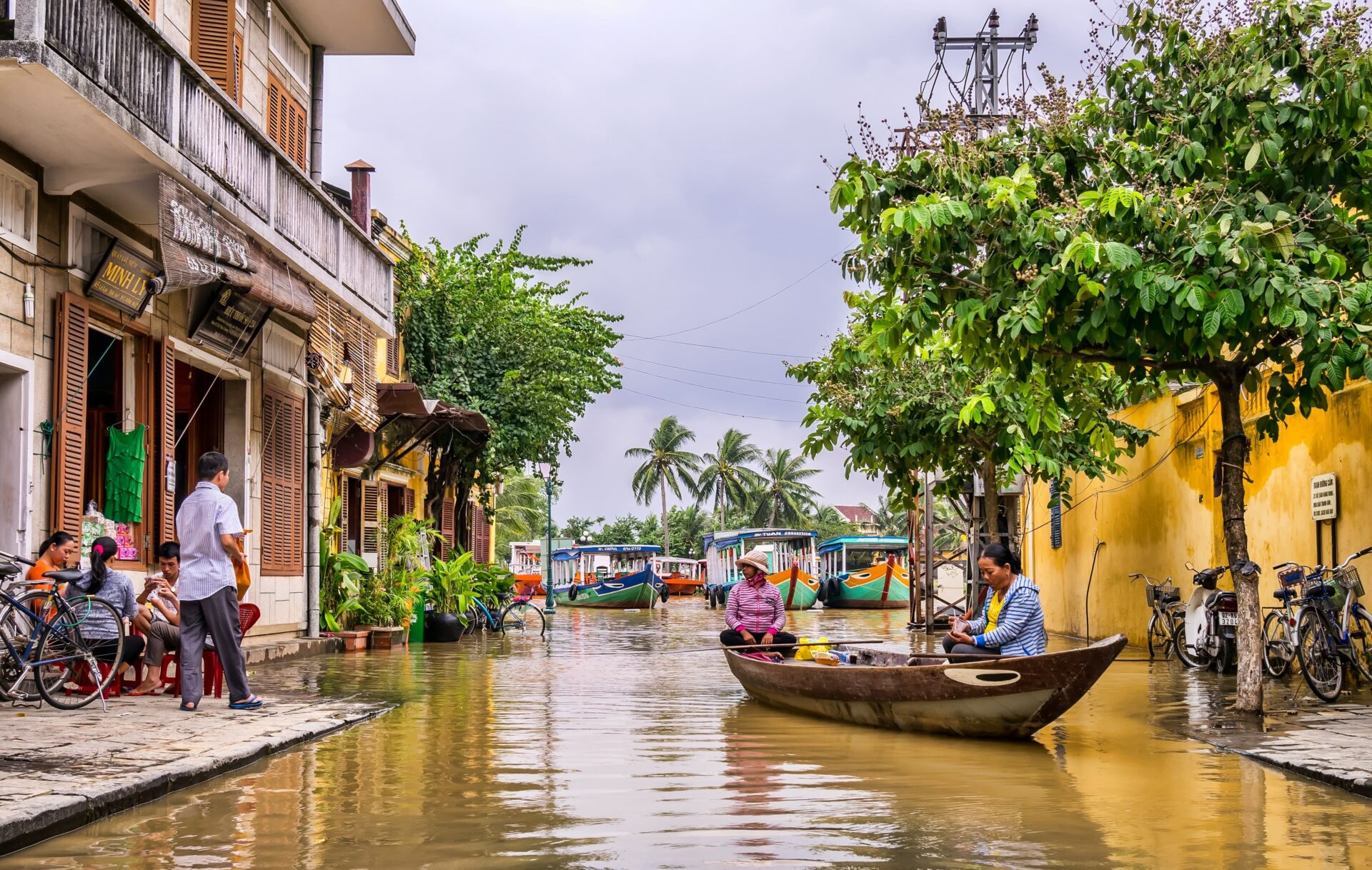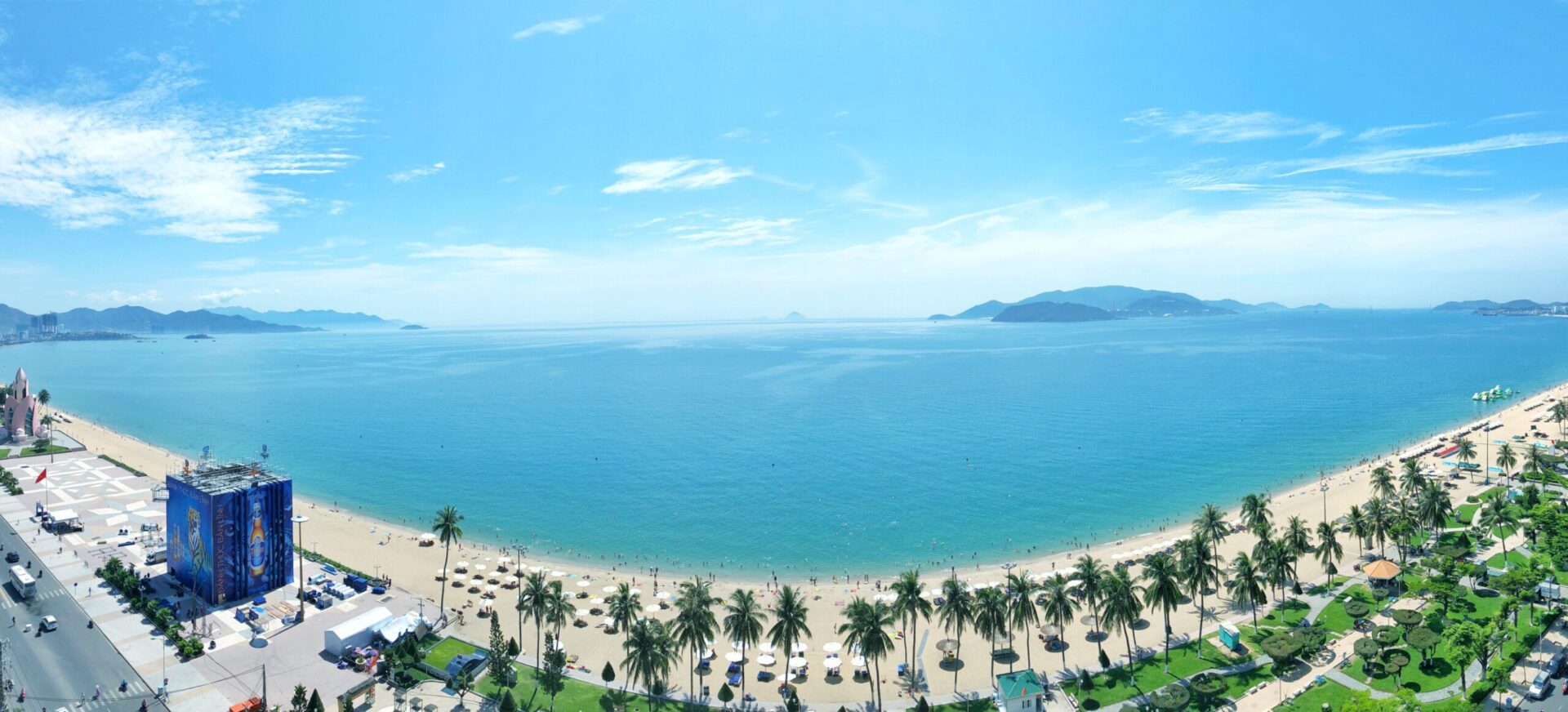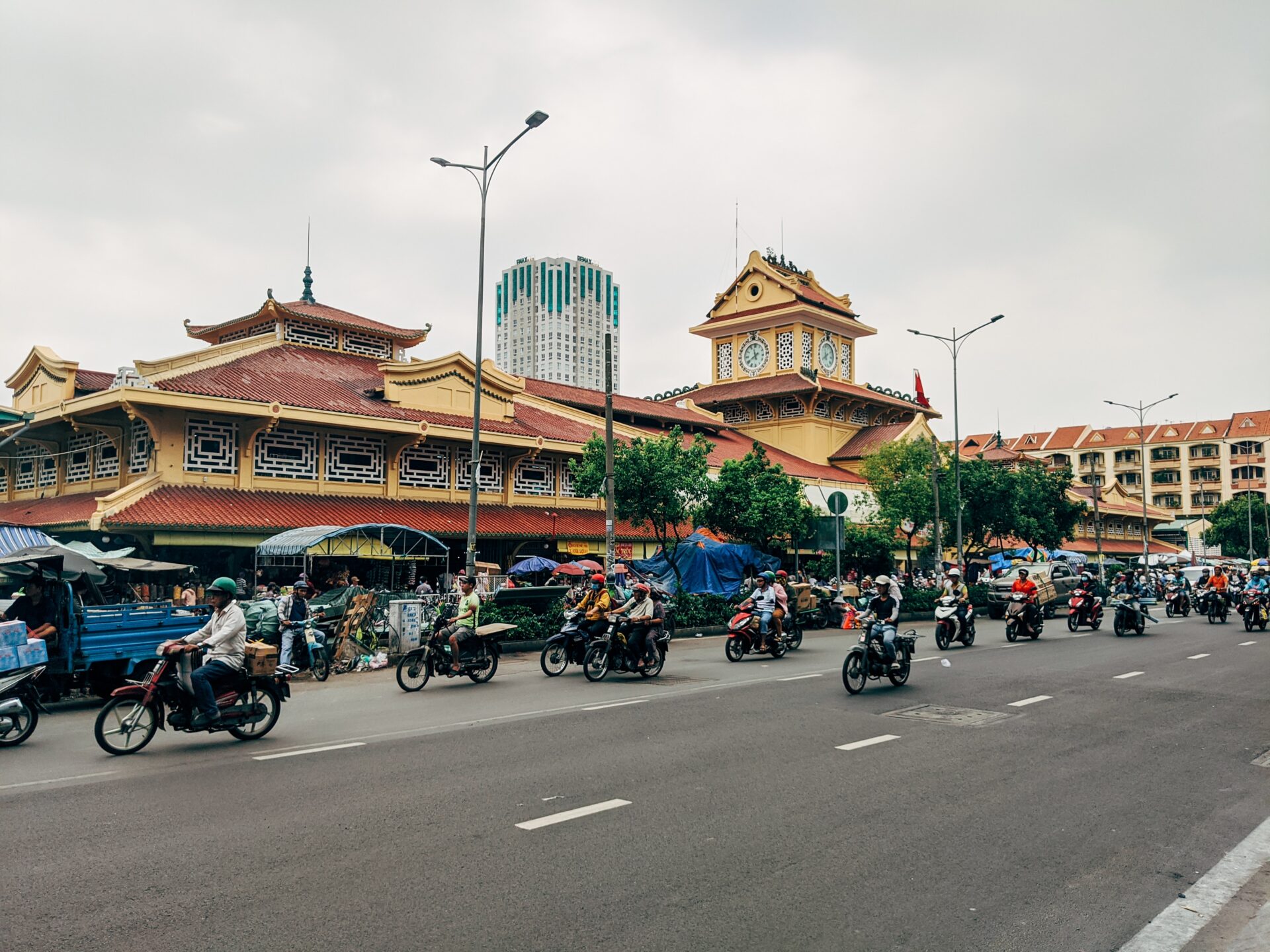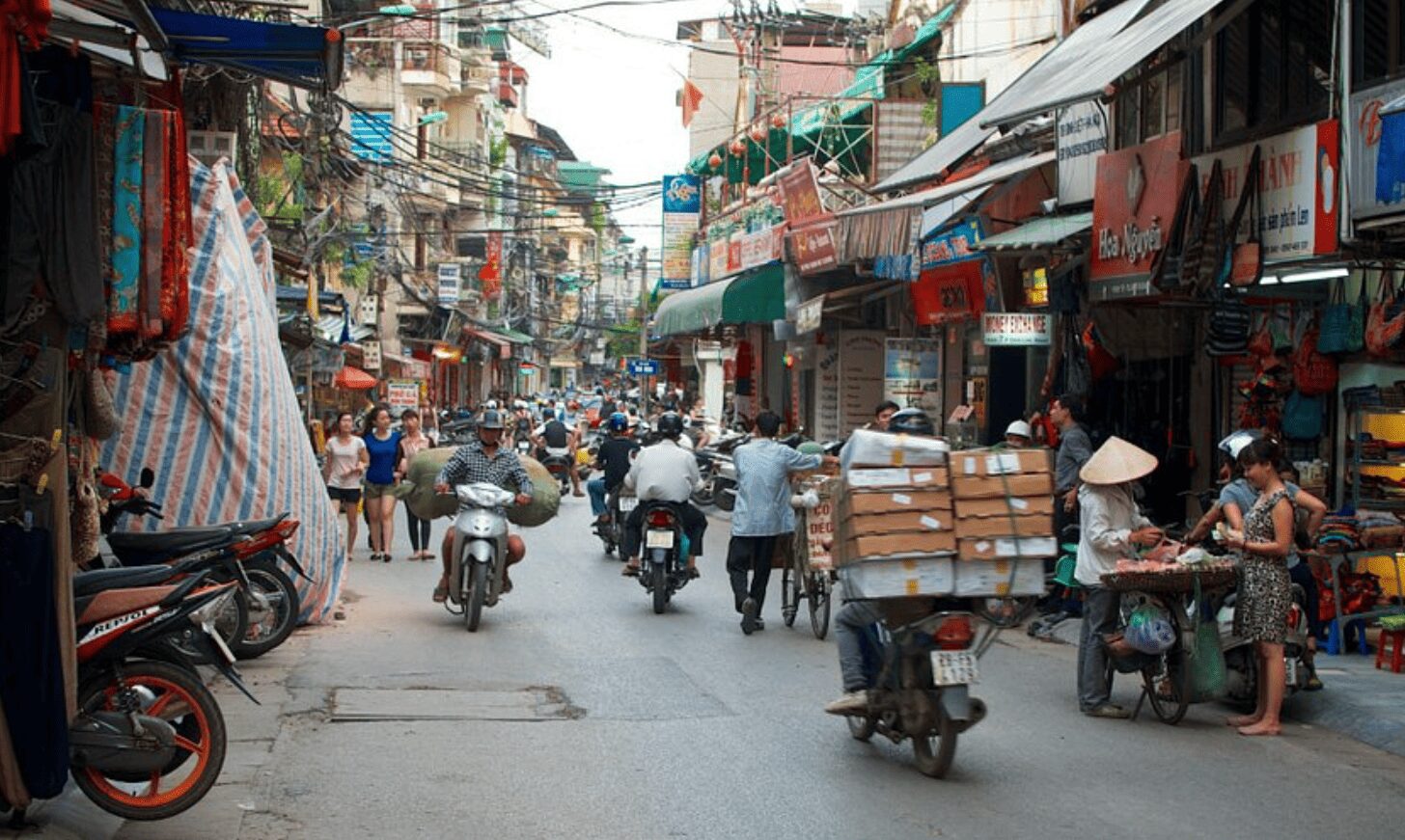【For Beginners】Vietnamese Phrases to Know Before Your First Trip to Vietnam

A trip to Vietnam is a wonderful experience that allows you to immerse yourself in its beautiful nature, rich history, and unique culture. However, the language barrier can sometimes hinder the enjoyment of your travels. This article introduces basic Vietnamese phrases and cultural background you should know before your trip to Vietnam, especially for beginners.
目次
1. Vietnamese History and Culture
Vietnam has thousands of years of rich history, and its culture reflects the influences of various ethnicities and historical periods. For example, the Old Quarter of Hanoi exhibits traditional architecture and narrow streets that are reminiscent of old Vietnam. The impact of the Vietnam War and remnants of the French colonial era are also evident in modern Vietnamese culture. Places like the Imperial City in Hue and the ancient town of Hoi An are vivid representations of Vietnam’s past. Influences of Buddhism, Confucianism, and Taoism are deeply embedded in Vietnamese culture, evident in many temples and festivals. Understanding these cultural and historical backgrounds can deepen your comprehension of the Vietnamese language.
2. The Difficulty of the Vietnamese Language
Vietnamese is considered a challenging language for learners due to its complex pronunciation and grammar. Especially, the tones play a crucial role, which can be difficult for beginners. For instance, the word “ma” can mean “ghost,” “mother,” “horse,” “rice,” or “tomb,” depending on the tone used. However, learning basic phrases and words is very effective for communication. There are also regional differences in language; for example, pronunciation and vocabulary vary between Hanoi in the north and Ho Chi Minh City in the south. Understanding these complexities is important in learning Vietnamese.
3. Top 10 Vietnamese Phrases to Remember
- Xin chào (Xin chào): Hello
- Cảm ơn (Cảm ơn): Thank you
- Vâng / Không (Vâng / Không): Yes / No
- Bao nhiêu tiền? (Bao nhiêu tiền?): How much is this?
- Tôi không hiểu (Tôi không hiểu): I don’t understand
- Nhà vệ sinh ở đâu? (Nhà vệ sinh ở đâu?): Where is the bathroom?
- Tôi muốn một ly cà phê (Tôi muốn một ly cà phê): I would like a cup of coffee
- Tôi đến từ… (Tôi đến từ…): I am from…
- Giúp tôi với (Giúp tôi với): Please help me
- Chúc ngủ ngon (Chúc ngủ ngon): Good night
4. Methods for Practicing Vietnamese
To effectively learn Vietnamese, daily practice is crucial. Utilizing online language exchange programs and apps allows for practical conversation practice. Apps like “HelloTalk” and “Tandem” facilitate language exchanges with native speakers. Exposure to Vietnamese movies and music also aids in language learning. For example, the movie “The Lover” and music by Sơn Tùng M-TP offer great insights into contemporary Vietnam. Practicing reading out loud is also effective for improving pronunciation. Reading Vietnamese news articles or short stories helps enhance pronunciation and vocabulary.
5. Conclusion
Although your first trip to Vietnam might present language challenges, learning basic Vietnamese can enable a deeper cultural experience. This article aims to assist in your discovery of Vietnam’s wonderful culture and language. A little knowledge of Vietnamese can enrich your interactions with locals and make your travel memories more special. Learning Vietnamese opens the door to a new world.
(Photo by Unsplash.com)



